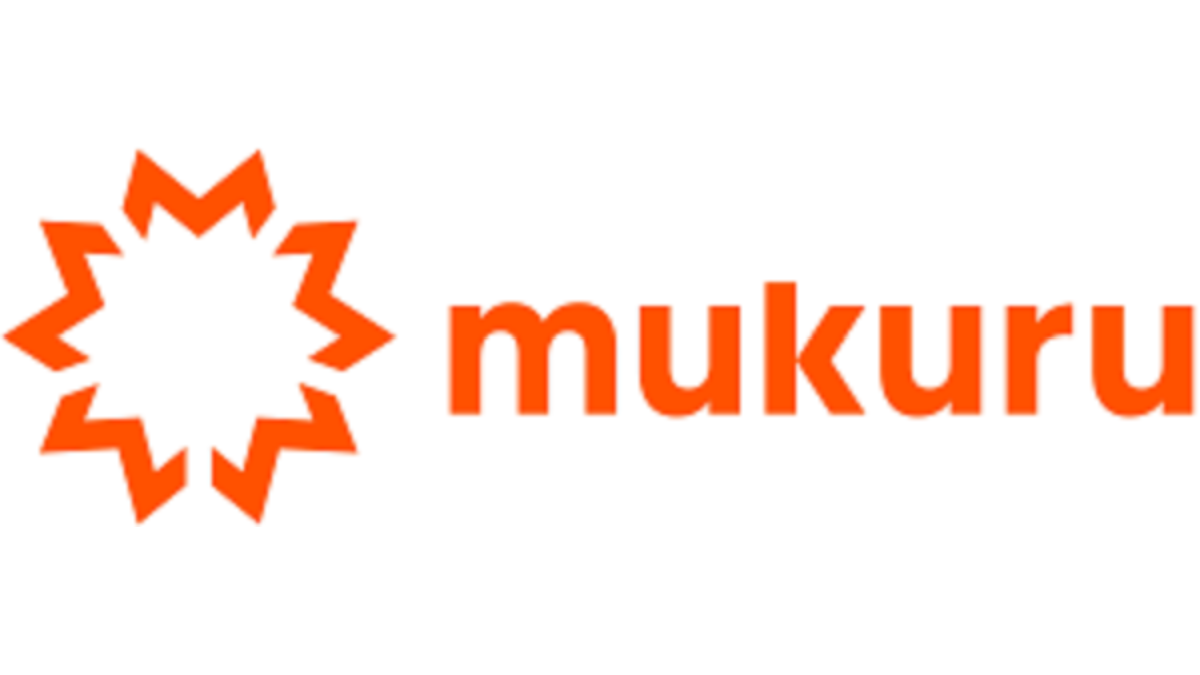Providing safe money transfers across Africa
CAPE TOWN, South Africa, March 19, 2024/APO Group/ —
Next-generation financial services platform, Mukuru (www.Mukuru.com), has successfully distributed millions in aid to disadvantaged recipients in Africa through its secure and transparent Enterprise Payments platform. This enables it to help many of those whose lives and ability to earn were disrupted by COVID-19 lockdowns and other economic issues.
At the same time, Mukuru has started using its established platforms to help businesses transfer cash around the countries in which it currently operates, offering a bespoke service making use of its current network.
The preferred African international money operator and fintech enabler will be rolling out aid transfers to more countries as it helps several UN organisations and other aid NGOs such as the United Nations Children’s Fund, Food and Agricultural Association, Red Cross, and Oxfam.
Mukuru has rapidly expanded its Enterprise services across Southern Africa, with significant focus on Zimbabwe, where it is already a uniquely trusted financial services brand and there is an acute need for assistance. This need is exemplified by its long-standing work with World Food Programme (WFP) project aid officials at the Tongogara Refugee Camp, where it distributes aid to thousands of vulnerable refugees, alongside support for the community. Here, it employs four staff from the camp to assist with service provision and has donated books and stationery.
“Positive feedback from WFP at Tongogara has given us the opportunity to expand to other camps in Zimbabwe, and we have also been contracted by other NGOs that assist with Bulk Cash Disbursements within the Tongogara Refugee Camp, such as World Vision, Church World Services, and Childline,” says Kevin Nyakotyo, Mukuru Enterprise Sales Manager.
Mukuru is currently onboarding clients across its extensive African footprint, using its reach and capabilities to ensure on-time payments for millions, and building exciting capabilities in newer markets such as Uganda, where it launched outbound and inbound remittance services this year.
Safe transfers
Our money transfer system allows for end-to-end traceability, ensuring that aid organisations can be audited without worrying about oversights in accountability
Michael Scott, Group Head of Commercial at Mukuru, explains that institutional aid donors insist on strict audit and accountability standards when funding cash disbursement projects, as corruption and poor governance can easily erode the value intended for delivery to vulnerable recipients.
“Our money transfer system allows for end-to-end traceability, ensuring that aid organisations can be audited without worrying about oversights in accountability. It also means that, on the off chance that there is fraud, this can quickly be identified and resolved,” says Scott. This accountability is enabled through its ability to identify and digitally capture the details of recipients in real-time at the point of cash disbursement, storing uniquely identifiable recipient information for inspection by Enterprise clients; auditors can verify a collection against digital copies of the recipient’s identity document and collection slip.,
Mukuru, a household name across Southern Africa, operates an extensive regional cash pay-in and pay-out network, providing its customers with convenient access to key financial services close to where they live and work. For example, says Nyakotyo: “Mukuru currently offers a much-needed service in Zimbabwe. As many banks are closing branches, Mukuru is consistently expanding its network of Mukuru-owned and partner payout locations to ensure exceptional urban and rural reach across the country”.
Nyakotyo adds that Mukuru prides itself in offering accessible solutions to customers with varying levels of basic, financial and technical literacy. Where mobile data network coverage is poor, making service via app or WhatsApp difficult, USSD enables continued access to Mukuru’s platforms. “To ensure financial inclusion, we need to be where the people are. Especially in terms of humanitarian aid principles, we realise that our offering needs to be relevant and suitable in harsh environments.”
Some (https://apo-opa.co/3Vny8JC) 80% of all labour migration in Africa is intra-regional, with the bulk of these people being low-skilled workers. Most African countries are either sources of, or destinations of, migrant flow, and those who move fill demand for roles in agriculture, fishing, mining, and construction as well as services such as domestic work, health care, cleaning, restaurants, and hotels.
To ensure that Mukuru gets cash to the recipients, it has supplemented its network of branches with over one thousand fibreglass booths, each of which houses one or more Mukuru tellers, and allows people to pay in, and cash out, across rural areas of Southern Africa, says Nyakotyo. A Mukuru booth brings socially uplifting financial services to a community, as well as employment opportunities for the teller and booth support services.
“We create a safe environment for beneficiaries to come and collect. We don’t want to make it difficult for them to access their funds. We serve everyone with the dignity that they deserve. It’s something we do proudly.”
Other services the company offers, and which it will continue to expand upon, includes Cash Transfers, Mukuru Funeral Cover, Enterprise and Aid Payments as well as the Mukuru Card.
The enterprise segment is a new area, and one that makes perfect sense, says Scott. “Having developed this extensive network to meet customers where they are geographically located, it made sense to extend our offerings to businesses, governments and nonprofits, where we can be as trusted as we are in the person-to-person space.” It provides a self-service web portal for these organisations to manage their transfers in real time and monitor progress of disbursements; bespoke reporting ensures that organisations can confidently rely on Mukuru to deliver the last mile.
Distributed by APO Group on behalf of Mukuru.
